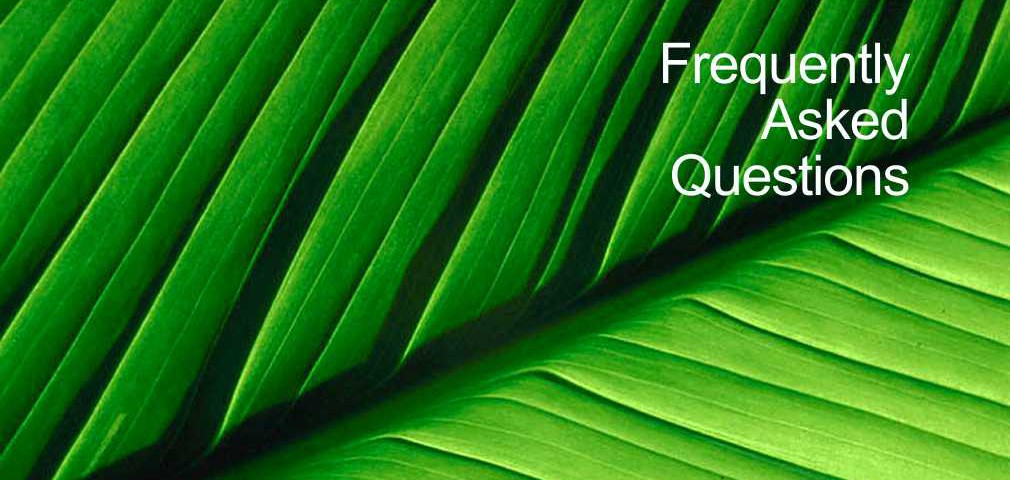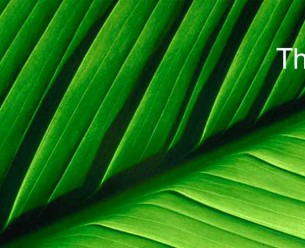Frequently asked questions at The Torbay Acupuncture Centre
How many Acupuncture sessions will I need?
This is always one of the most difficult questions to answer, as everyone responds to acupuncture treatment differently. Honestly, I would say to expect to be coming for weekly appointments for somewhere between 4 and 8 weeks. What we are aiming to achieve in this period, is a remission of your particular symptoms for a full week. At what ever stage that happens, I would then suggest you drop to fortnightly appointments.
This is because acupuncture aims to re-train the body to maintain its own health. Often, to begin with, you will feel great for a few days after treatment but gradually your problem will come back. This is actually quite normal as the body, initially at least, tends to ‘slip’ back into the unhealthy patterns it has got used to.
By having regular weekly ‘reminders’ of how healthy functioning feels, your system will gradually begin to ‘stick’ with the healthier balance, and you will begin to feel better for longer periods. After you have been symptom free for a fortnight we can then extend the period between treatments further until you are happy either to stop treatment altogether or to continue every six weeks or so as a preventative measure.
Nevertheless, you are always in charge of your own treatment. At Torbay Acupuncture Centre we don’t sell courses of treatment, so you will always only pay for treatments as and when you have them. This means you are always free to decide how often you want to come.
What should I wear?
Nearly all of the channels begin and end either on the hands or the feet, which means that most of the major points are either below the knees or the elbows. Therefore, it is helpful if you can wear clothing that allows access to these areas. However, if this is not possible, or if points on other areas are in need, there are always plenty of blankets around to keep you covered and warm, so there is no need to worry too much about what you wear.
Is private treatment better than multi-bed acupuncture?
Some people are a little concerned that multi-bed acupuncture is somehow inferior to traditional private treatment. In fact, since I opened the multi bed clinics 4 years ago, if anything, I have found the opposite to be true. I think one reason for this is that the multi bed system enforces a period of ‘alone time’ when patients can relax and let go. Let’s be honest that’s something very few of us get enough of, and it’s actually much easier to do without anyone else around. Letting go in this way also helps the needles do their job as the central nervous system isn’t preoccupied with talking and responding to another human being in the room.
Also, of course for most people multi-bed acupuncture means that they are more likely to be able to afford the number of treatments they actually need, rather than being constrained by cost. This high cost of acupuncture was always something that I was very conscious of as a practitioner. Therefore, I believe another reason my success rates have increased since I began the multi-bed clinics is because I am much happier treating in this way.
Does acupuncture hurt?
This is an area where people’s experiences vary. Most of the time, probably 65% of the time, you don’t feel the needle going in, and some acupuncturists will leave it at that and the patient will feel nothing at all.
However, the way I was trained, once the needle is in, the point it is gently manipulated until a sensation, which the Chinese call deqi is obtained.
I consider it important to gain this sensation because deqi shows us that we are in the right spot and people also report it feels like it is doing them good. This feeling is backed up by research showing that when deqi is achieved there is a greater release of endorphins in the brain than when acupuncture is performed with no such stimulation.
The Chinese say deqi is “Like a fish tugging on a line” and it can produce a sensation anywhere from a mild tingling or pulling to a dull ache or even a mild electric shock. Therefore, I never tell anyone that acupuncture doesn’t hurt because sometimes this sensation is quite uncomfortable. However, it is nothing like the sort of pain you would normally associate with needles. It is usually very brief, and many people actually get to like it!
What is the sensation you feel?
The Chinese refer to the aching/pulling feeling experienced during acupuncture as “deqi”. They say it is evidence of the activation of the energy channel and is therefore a sign that the needle is correctly located. So far western medical science has not been able to explain it. It can sometimes feel like a ‘nerve’ related sensation, and it does seem likely that acupuncture works on the nervous system in some way, but as yet studies have not concluded a direct connection between nerve stimulation and deqi.
Can acupuncture ever make you worse?
There are rare occasions when people do feel worse after treatment. This is referred to as a ‘healing crisis’ and can either be an acute attack of the problem they were coming for, such as a migraine; or it can be a re-occurrence of an old condition.
In the first situation this is usually because treatment has disrupted stagnant energies that have then careered about causing symptoms. Although uncomfortable at the time these symptoms are generally short-lived and are actually the first step towards better health.
In the second case a similar path is under way. It is as though the body needs to re trace its steps to balance by moving back though the stages that lead to imbalance. Again though these symptoms may not be ideal, many people actually feel reassured as they can intuitively understand what is happening to them as they move back through familiar symptoms.
On the whole though healing crisis are rare. I would say less than 10% of patients are effected in this way.
What if the problem comes back?
As I explained in the answer to the question “How many sessions will I need?” Initially, in the first few weeks of treatment your problem is likely to gradually come back as the week goes on. This is normal as your body is working to re-establish a healthy balance.
However, if you have had treatment for a longer period and felt you were much better, try not to become too disheartened if you have a recurrence of an old problem in the future. Each of us has areas that are susceptible to problems, either because of our lifestyle, or our constitution, and all of us undergo stress of one kind or another from time to time. The chances are that this combination will lead to the occasional health dip.
Fortunately, acupuncture is very helpful in making us more resilient to these set backs. Our systems become much more adept at ‘bouncing back’ and getting over problems that may previously have knocked us for six.
Therefore, it is often wise to see these dips in health as early warning signs from your body that something needs to be adjusted in your life. As you become more in tune with your body and your body become more used to living in a healthy balance, often you will intuitively begin to change bad habits and make healthier life choices.
Why do you sometimes use moxa or heat?
Moxa (a herb that is lit and placed on acupuncture points) and heat lamps are used to either add Heat or Yang energy to an area, an organ or a channel or to move stagnant Qi – particularly in joint problems.
It is not always used because many people are actually deficiency in Yin, which helps to keep us cool, and some people actually have an excess of Heat. It would not be beneficial for them to be heated up further.
Why are some needles left in whilst some are taken straight out?
Needles that are clearing out something from the system, such as stagnation, heat or damp, need time to do their work. Therefore, these are always left in. However, needles that are aiming to boost a deficiency can do this instantly. This needle technique is called tonification. Once deqi has been achieved the needle is twisted one full circle, to tighten the energy in the channel and reinvigorate it.
Can acupuncture help anyone/ any condition?
Acupuncture is a complete system of health. That means it is capable of explain all the ‘goings’ on in the body albeit in a completely different way to the one we in the West are used to. This means that it can be used for anyone and for any condition and can also be used alongside conventional medicine such a chemotherapy or fertility treatment to improve results or help with side effects.
Acupuncture can also be very helpful for ‘difficult conditions’ that either haven’t been fully understood or named by western medicine, or in situations where people are presenting with anomalous symptoms within a known condition.
What is Qi, and how does it flow?
Our bodies are constructed out of numerous interconnected networks. The most fundamental of these is the skeleton, on top of this comes the muscles, then the arteries and veins and finally the complex lymphatic and nervous systems. Chinese medicine adds one more network to these, and that is the channels of Qi that provide the energy required by all the others to function. This Qi is said to ‘flow like water’ and this gives us some idea of where the acupuncture points are likely to arise. If you imagine the way in which water flows in a river, certain physical obstructions will cause it to back up or form eddies. This is also true of Qi, therefore, most acupuncture points can be found where bones flare out or join, or where two bones form a physical obstacle similar to a dam.




